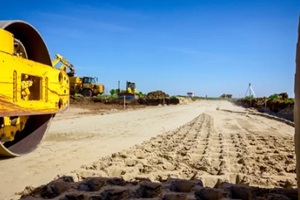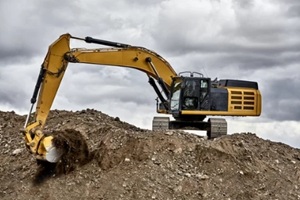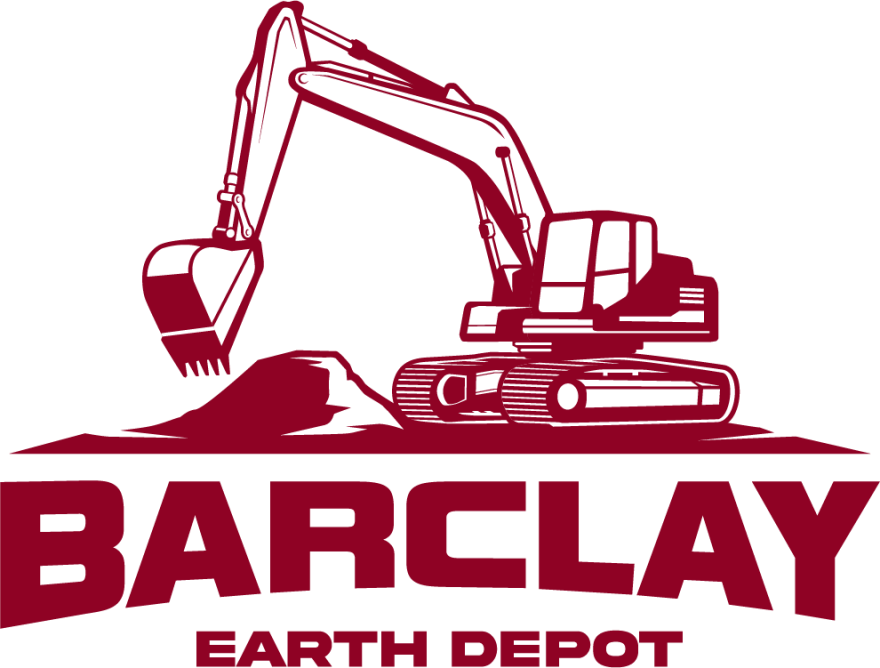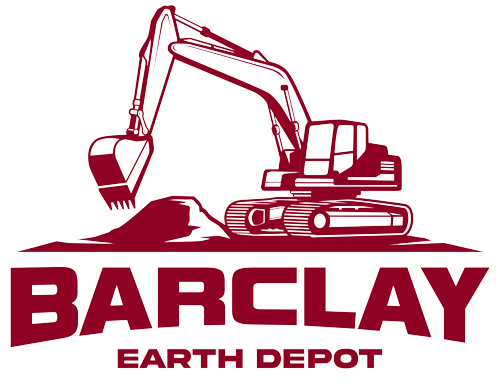 Proper regulatory compliance is essential for any construction or landscaping project. Whether building a home addition, reshaping your property, or developing commercial land, you must establish that your fill dirt purchases and usage follow local rules to prevent violations, delays, and costly rework over time.
Proper regulatory compliance is essential for any construction or landscaping project. Whether building a home addition, reshaping your property, or developing commercial land, you must establish that your fill dirt purchases and usage follow local rules to prevent violations, delays, and costly rework over time.
In most municipalities nationwide, fill dirt regulations have become increasingly stringent due to environmental concerns, infrastructure protection, and community impact considerations. However, regulatory challenges can be solved with careful planning, research, and the right approach to sourcing and handling materials.
Here’s a look at common regulatory hurdles and how strategic compliance with fill dirt ordinances can provide effective, hassle-free solutions for your projects.
Comprehending Local Fill Dirt Regulations
When planning a project requiring fill dirt, various local requirements may affect your work. This happens due to several important regulatory factors specific to your area:
Environmental Protection
Local governments implement rules to prevent the spread of invasive species and soil-borne diseases through transported fill dirt. Requirements often specify approved sourcing locations or native soil standards.
Technical Specifications
Municipalities frequently mandate specific grading classifications and composition requirements that align with local soils and climate. This secures that fill dirt properties such as pH levels, clay/sand ratios, permeability, and stability meet regional standards.
Transportation Oversight
Truck size limitations, weight restrictions, designated routes, and operating hours are commonly regulated to protect roadways, infrastructure, and community peace.
Volume and Use Limitations
Some sensitive watersheds or agricultural areas place caps on purchased fill quantities to control development impacts without proper planning review.
Together, these regulations create a framework that requires careful navigation:
- Testing and documentation requirements
- Inspection scheduling parameters
- Site preparation standards
- Temporary storage protocols
- Compaction specifications
The Solution Lies in Preparation
Fortunately, comprehending regulations early in your planning process holds the solution. Proactive compliance can reshape your project timeline and improve success rates.
How Regulatory Knowledge Improves Project Success
Strategic regulatory research offers foundational project support through:
 Planning: Builds proper compliance framework so work progresses smoothly
Planning: Builds proper compliance framework so work progresses smoothly- Documentation: Required paperwork prevents delays and rejections
- Scheduling: Allows for timely inspections and approvals
Savvy contractors and property owners research regulations well before breaking ground. A professional fill supplier can recommend the right processes and materials for your jurisdiction’s requirements.
Strategic Approaches to Fill Dirt Compliance
Several common approaches incorporate regulatory knowledge to streamline approvals and enhance project success. Here are a few of the most effective examples.
Early Permitting Research
The most direct compliance solution starts with checking directly with your local permitting office, environmental department, or zoning board. This involves comprehending specific ordinances before ordering fill dirt to achieve proper documentation and approvals.
A trusted fill dirt provider can help you understand permit requirements and establish that materials meet local standards. Best practices such as advanced application and maintaining documentation will prevent delays or rejections.
Testing and Reporting Protocol
Soil analysis reports or compaction test results prove that your fill dirt meets the required standards. Knowing what documentation your jurisdiction requires before purchasing materials secures smooth approvals.
Strategically scheduled testing confirms regulatory compliance and demonstrates professional attention to requirements. Proper testing documentation results in adequate verification capability for inspectors.
Transportation Planning
Transportation rules govern how fill dirt can be delivered to your location. These systems include truck size limitations, weight restrictions, and designated routes that protect infrastructure and neighborhood tranquility.
Transportation planning acts similarly to a pre-delivery checklist, establishing that drivers know acceptable routes and delivery windows. Customized delivery scheduling lets you strategically time arrivals to comply with local ordinances. While simple deliveries might not require special planning, bringing in fill dirt for larger projects requires careful coordination with vendors.
Site Preparation Compliance
Site preparation requirements perform a similar function to specification compliance. Essentially, they are guidelines for preparing the land before fill dirt installation to provide proper drainage, stability, and environmental protection. They are usually tied to building codes and land use regulations.
Site preparation can be integrated into project planning and execution, with proper attention to required inspections or documentation. Incorporating the right timing and sequence encourages better project flow through regulatory checkpoints.
Other Compliance Strategies
Comprehending local regulations also helps you implement practical tactics such as the following:
- Building up documentation systems to avoid permit issues
- Filling out proper notification forms for timely inspections
- Facilitating delivery compliance with transportation authorities
- Stabilizing sites vulnerable to erosion using proper methods
- Supplementing or replacing non-compliant materials quickly
- Helping plan essential infrastructure to meet local codes
Trust Barclay Earth Depot for All Your Fill Dirt Compliance Needs
 Sourcing the appropriate fill materials from knowledgeable providers is the basis for executing successful regulatory compliance. Not all suppliers know the local requirements; expertise and quality vary widely.
Sourcing the appropriate fill materials from knowledgeable providers is the basis for executing successful regulatory compliance. Not all suppliers know the local requirements; expertise and quality vary widely.
Barclay Earth Depot is a leading provider of fill dirt and has deep knowledge of regional regulations. Our experienced staff truly comprehends the specific regulatory challenges in your area. We will evaluate your project’s needs and recommend cost-effective fill dirt solutions custom-designed to meet local requirements.
Contact us today at (944) WE-DIG-IT or online to find the ideal fill dirt and regulatory guidance to tackle your project’s compliance issues.

